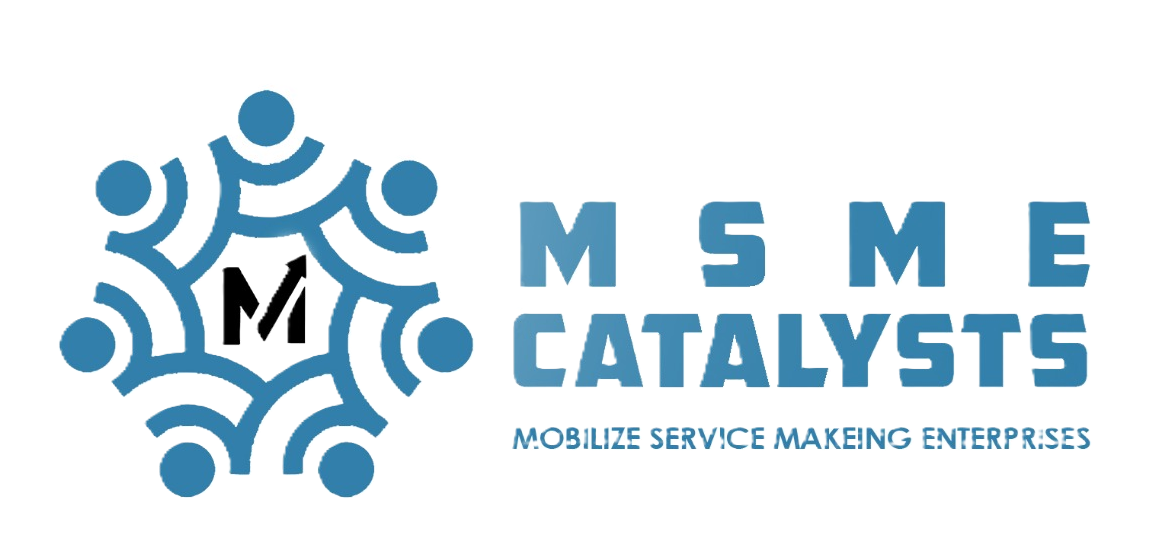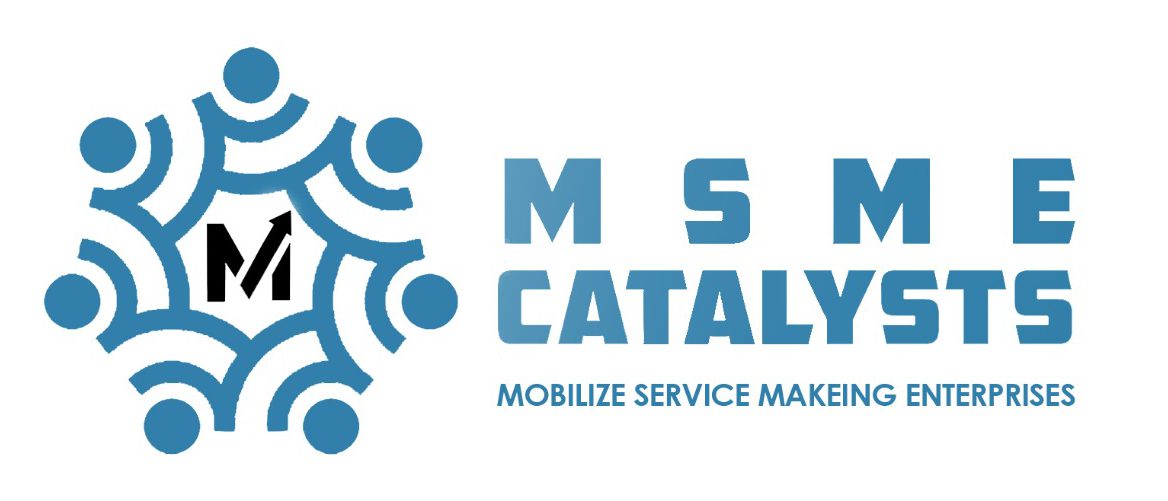Subtotal $0.00
A company digital signature is a type of electronic signature used to authenticate documents, ensuring their integrity and verifying the identity of the signatory. It’s often used in business settings for contracts, agreements, and other important documents.
Here’s a breakdown of what it involves:
- Encryption: Digital signatures use encryption to secure the content of the document. This ensures that the document hasn’t been altered since it was signed.
- Authentication: By using a digital signature, the company verifies the identity of the person who signed the document. This is often achieved through a certificate issued by a trusted authority.
- Integrity: Once a document is signed digitally, any changes to it after the fact will be detectable. This ensures the document remains intact and authentic.
- Legal Validity: In many jurisdictions, digital signatures are legally binding and carry the same weight as traditional handwritten signatures. The specific legal standards can vary by country and industry.
- Technology: Digital signatures typically use Public Key Infrastructure (PKI) technology. This involves a pair of cryptographic keys—a public key and a private key. The private key is used to create the digital signature, and the public key is used to verify it.
For implementation, companies often use digital signature solutions and platforms that integrate with their existing systems. These solutions manage the encryption keys, provide interfaces for signing documents, and ensure compliance with legal and security standards.

